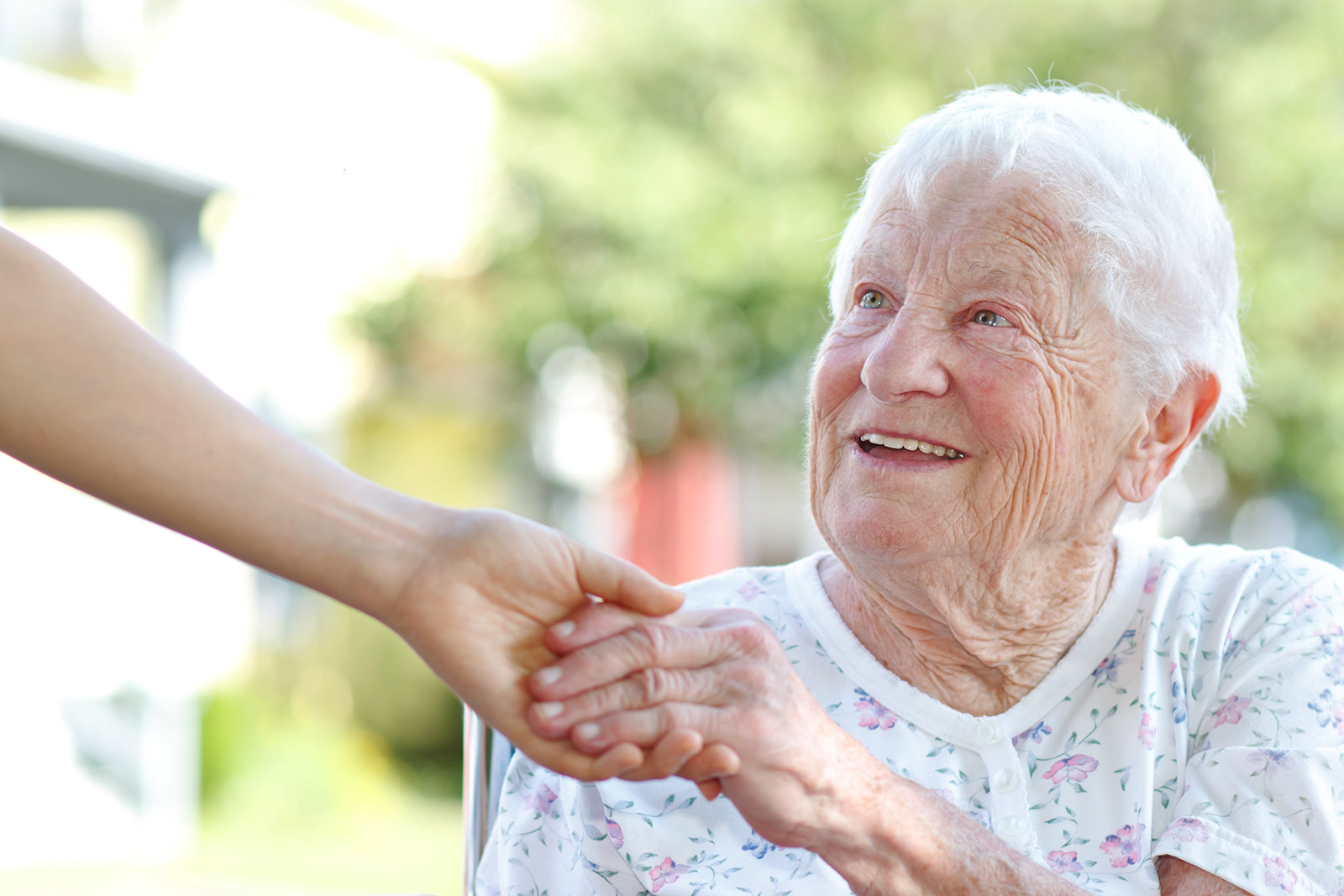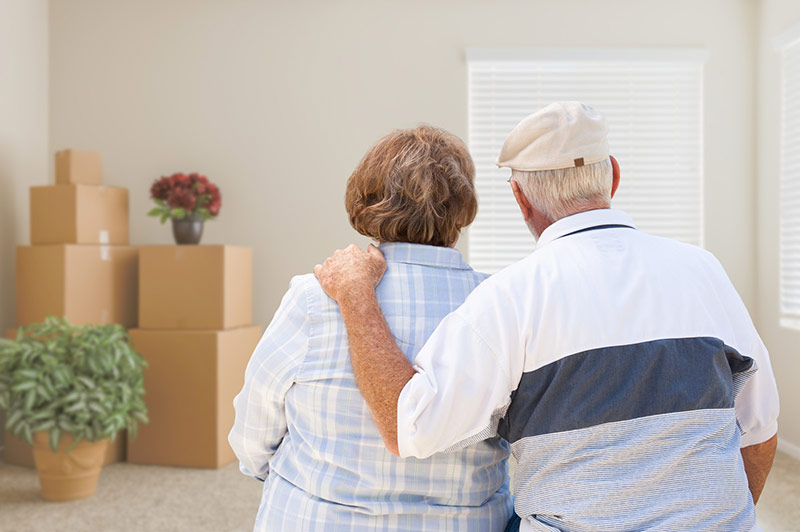In the eldercare world, there are some terms that get tossed around as a common phrase that we forget that the average individual doesn’t know what they mean. The term, ADL, stands for “Activities of Daily Living.” They are the core benchmarks of how independent a senior is, and what type of assistance they may require in their everyday life.
Often times seniors will not make adaptations to their home until after a bad fall or injury. Sometimes these falls can become catastrophic. Instead, we encourage seniors to have special safeguards in place before they are needed in the future.
If your senior loved one has any challenges with any of the below ADLs, we strongly recommend that a reputable home care agency is called. Even better, we always recommend that you interview home care agencies before they are even needed so that when the time comes, you will be able to easily pick up the phone and make a call.
“So, how do I get started?”
Before a senior starts needing help, we always recommend hiring a good occupational therapist who can come in and assess their living environment. The occupational therapist will be able to assess their home and determine if it is a good candidate to live there long term. Today there are many ways to make a living space more friendly for a senior to stay home longer, and they will be able to point out recommendations for better functionality and to keep your senior loved ones’ home supporting them as they age, rather than becoming an accident hazard.
Let’s review the ADLs, and what specifically we recommend when there are challenges:
- Bathing: As we age, getting in and out of the shower can be more and more difficult. We also may find it difficult to thoroughly bathe ourselves as well as we used to do. Shower floors can be slippery, bathmats can be trip hazards, and bathrooms themselves are deemed “the most dangerous room in the house.” As a matter of fact, studies show that close to 70% of senior falls happen in the bathroom!
- Shower over Bathtub: Seniors should always install a curbless shower in their bathroom and if they need to space to do it, ditch the tub. Tubs are truly recipes for disasters when it comes to bathing.
- Grab Bars: Placing grab bars in strategic locations and having them be installed properly can help a senior navigate the bathroom more easily. ALWAYS make sure they are installed into a stud, and make sure they are placed in the best location. The occupational therapist can be a great resource on the type and placement of grab bars that will be needed.
- Pick up throw rugs: So many of us like a beautiful throw rug in the bathroom. Yet, throw rugs are a huge accident hazard- especially in the bathroom. The best thing is to remove them completely.
- Install non-slip floors and tile: If your senior loved one has a home that is more than 10 years old, chances are that the tile in their bathroom is slippery, and gets even worse when it gets wet. There are many types of floor tile today that has a non-slip surface that can help seniors feel more secure stepping in and out of the shower.
- Shower Chair: Install a shower chair or bench.
- Hand-Held Shower Head: When sitting on the shower chair, using a hand-held showerhead can help seniors reach areas that they need to in bathing, and also, it will provide them more security while sitting to shower.
- Dressing: As a senior gets dressed for the day their physical condition may make it more difficult to dress completely. Arthritis can make it hard to tie their shoes. They may have challenges with buttons, or even getting pant legs or putting shirts on over their heads. To assist seniors in dressing, there are several types of clothes that can help.
- Slip-on or Velcro-fastening shoes: Today there are many types of shoes that have orthotic support for seniors. Being able to slip on shoes with a proper shoehorn can oftentimes make it much easier for a senior to get them on. Velcro can also be your best friend in aiding a senior to get shoes on and off.
- Velcro-strips instead of buttons: There are numerous online sites that provide ADA clothing for seniors that have Velcro instead of buttons or zippers to help with dressing.
- Compression Stockings: Compression socks can help with balance and circulation. These can be especially effective if mobility issues are present.
- Natural Fibers: In shopping for a senior, remember, their skin can become thinner and they can become more susceptible to skin irritations. We always recommend seeking out natural fibers like cotton that will not only be softer on their skin but also can breathe and keep skin healthier.
- Personal Hygiene: It’s no secret that as a senior ages, their eyesight can diminish. They may miss things in their everyday grooming, such as for men, shaving. Or for both men and women, a big indicator can be wearing dirty clothes or having a body odor. As Dementia can set in, seniors can also become resistant to bathing at all. These are all indicators of hygiene challenges. It could also be the inability to do their own laundry, or proximity to laundry. Make sure that the laundry is easily accessible to them. Put laundry hampers in a place close to their dressing area, and don’t let laundry pile up. A home care agency can help!
- Walking/Mobility: I always watch a senior in their home as they go from the living room to the bathroom or the kitchen. Are they “furniture walking?” That means, do they grab onto the backs of chairs or need help getting in and out of a chair? Do they have a challenge standing for long periods of time? What about the areas in their home? Do they present challenges? Here are some great modifications that can help:
- Pick up throw rugs. We said it when it comes to the bathroom. The same is true for the entire house. Throw rugs can get wrinkled or come loose on the floor. The edges of them can curl up and they become huge trip hazards.
- Clear the clutter! Make sure that the clutter around your senior loved ones’ home is removed. Make sure that walking spaces are clear.
- Lighting is important! Can your senior loved one adequately see the path that they are walking? Do they have adequate lighting to navigate from their bed to the bathroom in the middle of the night? Check out motion detectors for the bathroom and bedroom.
- Don’t forget outdoors too! Get rid of pavers, and replace with concrete. Place benches outside for a senior to sit and rest. If they still drive, make sure that the path from the car to the door is easily accessible. Make sure that there are proper handrails on any outdoor steps.
- Walking aids can make a huge difference. Introduce your loved one to a walker if needed. Put a portable wheelchair in your trunk and use it when you go shopping. If using a cart in the grocery store, always check the battery power before using it. If the battery is low, notify the staff.
- Invest in a self-rising chair: Having a chair that lifts your loved one up, can help them to stand. Sitting in low furniture in itself can be difficult, and having a chair that can assist them to rise will reduce their risk of falling, and make it easier to go to the bathroom or navigate their home environment.
- Stairs and Railings: Watch them walk up the stairs. There might be a small step going into their front door, or a staircase. Make sure that there are railings everywhere and that they are all secure. If they cannot navigate them anymore, there are numerous stair-climbing chairs or home elevators that can also do the trick!
- Continence: As seniors age, their ability to hold their bladder can greatly diminish. If you can smell urine on them, chances are that they have continence issues. This can be an indicator of poor grooming or also if they have conditions like dementia or Alzheimer’s, the sensation of having to go to the bathroom can go away as well. There are several things can help:
- Bladder pads: If your senior loved one has leakage but still can get to the bathroom, pads can be purchased at a local pharmacy. They must be disposed of in a garbage can and are not flushable.
- Pull-up Briefs: If incontinence increases, having pull-up incontinence underwear can be a great solution. These can also be purchased at a local pharmacy
- Under-pads for the bed: There are two types that I recommend. First, make sure that you put down a waterproof mattress cover. This can be a good safeguard protection for the mattress and help you if there is an accident to clean it more effectively. Secondly, put down a pad. I recommend first, putting down a flannel covered rubber sheet between the mattress pad and the sheet, and then using the disposable pad on top of the sheet for sleeping.
- Clean up thoroughly: If there are accidents, make sure that they are thoroughly cleaned and dried before putting on new underwear to avoid rashes.
- Eating: It’s a task that most of us just take for granted, but for seniors who are challenged by mobility, dementia, or fear of falling, they will often go without a meal, or eat something that is unhealthy for them. Here are some tips to keep them nourished easily:
- Hydration: Hydration is truly important. It can effect balance, and it can effect a multitude of health issues. A great way to get a senior to drink water is to have a water bottle by their chair. Keep it filled and make sure they are drinking it!
- Make meals in advance: Do they have a special soup they love or a casserole that can freeze easily? Make it up and put them in single containers and freeze them. That way your loved one only needs to pop it in the microwave and they have a nourishing meal.
- Steam harder fruits and vegetables: Your loved one may shy away from fresh veggies due to their toughness or being not easy to chew. You can steam them first, and soften veggies like broccoli, carrots and cauliflower. Soften fruits like apples. Putting these items in the fridge that they can either eat cold, as a salad with dressing, or warm up can be super easy for them to prepare in the way they want to have them.
- Help them with eating: If a loved one suffers from Alzheimer’s or Dementia, studies show that over 60% will have challenges with being able to feed themselves. Having the challenge to eat is also present if your loved one suffers from Parkinson’s or having had a stroke. Sit down and take the time to make sure that they have assistance to eat.
We hope that if your loved one has any challenges with the above ADLs, that you as a family will assist them through establishing a strong relationship with a license, bonded and insured home care provider. I cringe every single time I see an independent person trying to undercut a reputable agency. I also fear for a senior’s safety and protection against theft or exploitation. If your loved one is challenged with any of the above, they are vulnerable. I cannot emphasize enough to NOT hire someone who is not a professional. If help is not brought in if these challenges are present, it can be catastrophic for your loved one. This is not the time to cut corners. Keep the safety of your loved one at the forefront of your mind.














